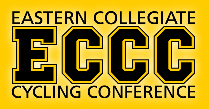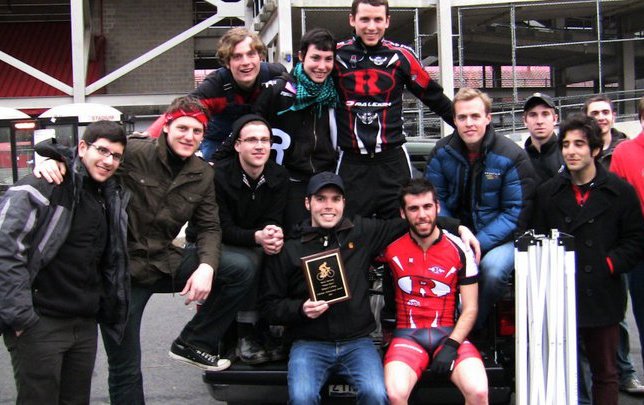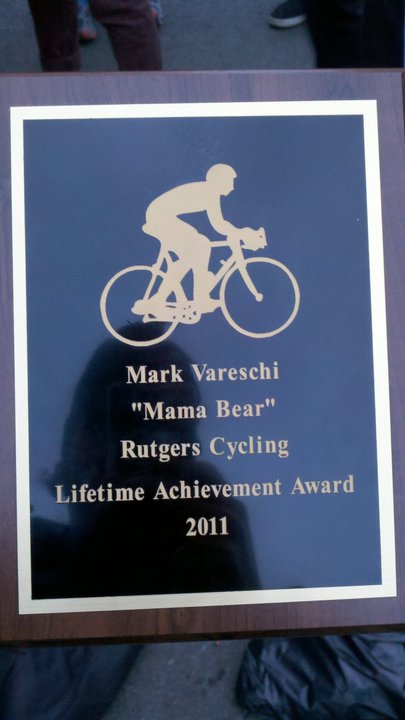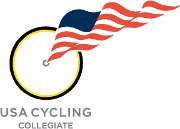ECCC Club Officers' Guide
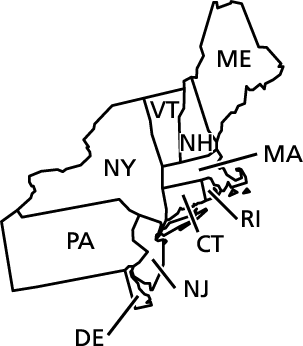
The Eastern Collegiate Cycling Conference region.
Student leadership keeps all of the ECCC's clubs going. This page collects resources to help club officers successfully develop and grow their teams.
Who's in the ECCC?
The Eastern Collegiate Cycling Conference (ECCC) includes all degree granting schools in Delaware, Pennsylvania, New Jersey, New York, Connecticut, Rhode Island, Vermont, New Hampshire, Massachusetts, and Maine. Schools in other states are more than welcome to participate in ECCC races and events, but will be officially part of another conference. To figure out which one, use the map on the USAC Collegiate website.
Get Started!
If there isn't a cycling club at your school already, you'll just have to start one! The hardest part is simply getting recognized by your school, but even that's usually not hard. Typically it involves finding some number of people (often 10) to express interest in the club and filling out some short forms. Sometimes you may have to develop a simple club constitution outlining officer roles and the basic rules and conduct of the club, usually based on a template provided by the school. For details, look around your school's main and/or athletic websites for information on general and/or sports clubs. USAC Collegiate also has an excellent starter guide for clubs that outlines some common club officer roles, constitution elements, and typical aspects of getting a club going on your campus.
Once recognized by your school, your team must get a club license from USA Cycling, which must also be renewed every calendar year. Fortunately, this is a very easy and cheap process involving a 2 page form and $50 fee, which is even waived the first year.
If you get stuck at any point in either getting recognized or licensed, feel free to contact the Conference Director or National Manager.
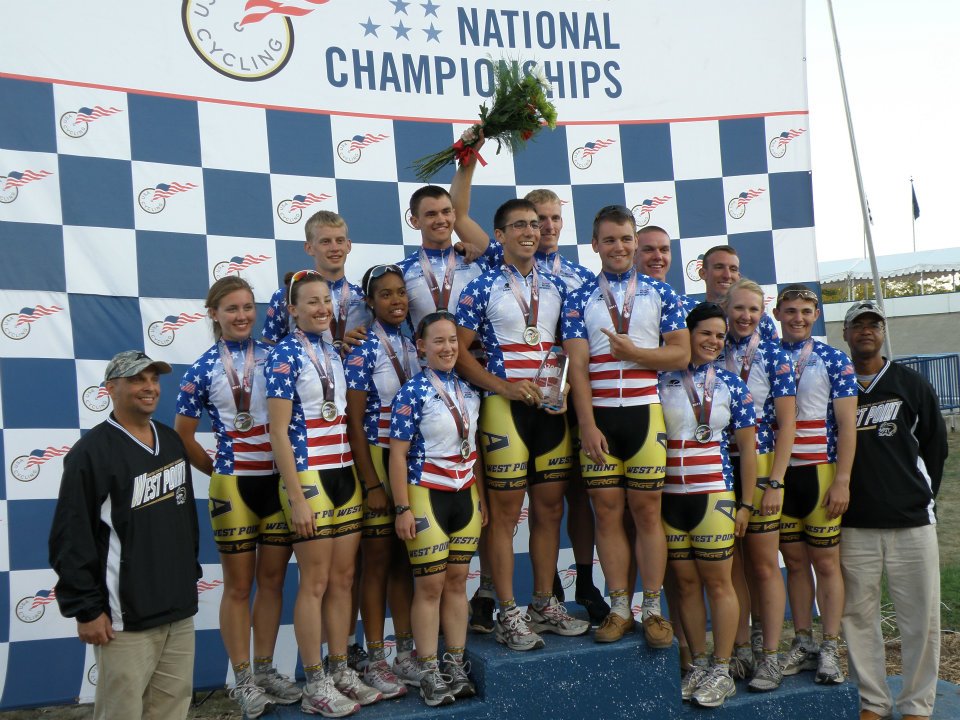
The US Military Academy celebrates its 2011 USAC Collegiate D2 Track Team Omnium Championship. (photo: Carol Mueller McManus)
After that, your team is all set. As long as it is a recognized club on campus and your school submits the USAC Collegiate club license paperwork, you're ready to race regardless of whether you have one member or one hundred. Use the resources below and throughout this website to get your team racing and growing. You should have a few people monitoring the main eccc-announce mailing list so they get timely conference updates, as well as attending the annual ECCC meetings. All officers, old and new, are also strongly encouraged to read through the phenomenal USAC Collegiate Team Leader's Guide.
From there, clubs vary enormously and the real hard work begins of recruiting members, getting to races, and building your team. Most clubs receive some financial support from their school, though the range is very wide and many schools do not provide funding in the first year. Some clubs remain just a handful of riders doing a few races. Others have grown into varsity programs with full time coaches and sophisticated, extensive racing and developmental programs. Where your club goes is up to you, so make it happen!
Resources
The following are some good resources for team leaders to use throughout the year.
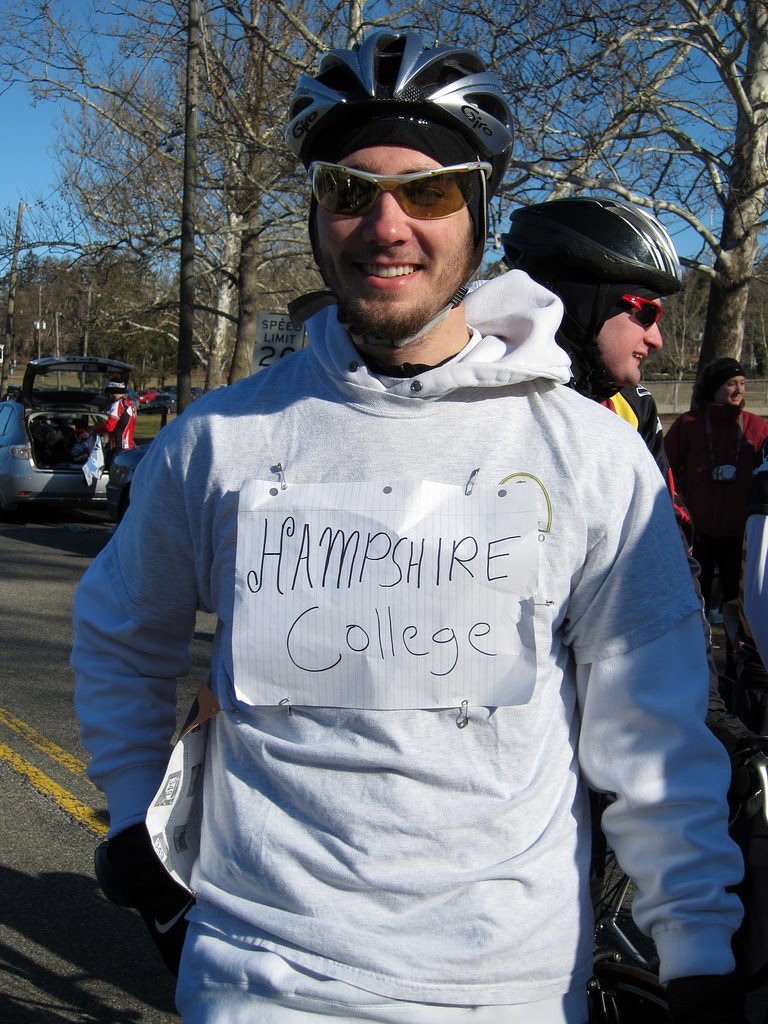
This man has just successfully (re-)started a collegiate cycling team and made it to his first race, Rutgers 2010! (photo: Chatura Atapattu)
- Annual Calendar
Some of the basic tasks of running a club and when they have to happen throughout the year. - Get a Club License
Quick notes on getting your USAC Collegiate club license. - USAC Collegiate Get Started Guide
An excellent guide to the process of getting a club started on campus, recognized, and licensed to race. This is worth reading even if your club is already started. - USAC Collegiate Team Leader's Guide
Extensive notes and tips from experienced team leaders on running and building your club. Every club officer should read this!!! - Conference Mailing List
Every team should have several people following the eccc-announce mailing list and staying up to date on conference events. - ECCC Racers' Guide
Point your riders to the ECCC Racers' Guide to help them get licenses, determine their categories, and so on. - Team Clothing
ECCC racing isn't just about being fast, it's about looking fast. Rock out your own custom team clothing to win the style race. - Host Housing
Many race promoters organize a large amount of host housing for teams to use and reduce their travel costs. - Race Promotion
Putting on an event is the ultimate challenge in club leadership, but also by far one of the most rewarding.
If you have any questions or need some guidance on running your club, don't hesitate to contact conference leadership or put it out there on the mailing list. We're all in this together and there are a lot of experienced team leaders and coaches on the listserv that would be happy to help.

